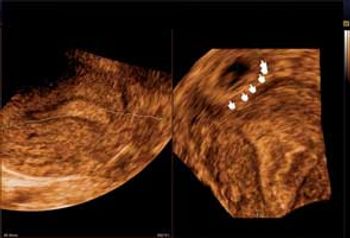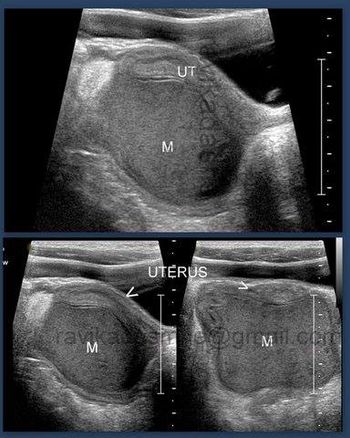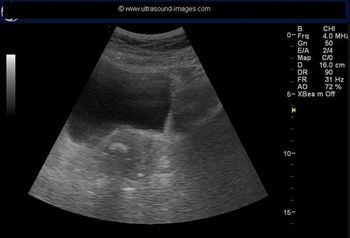
Discrimination against pregnant workers appears to be increasingly common, a new report issued by National Women’s Law Center, Washington, DC, reveals. The report indicates that pregnant workers do not garner the same breaks as workers with disabilities or those who were injured on the job.


